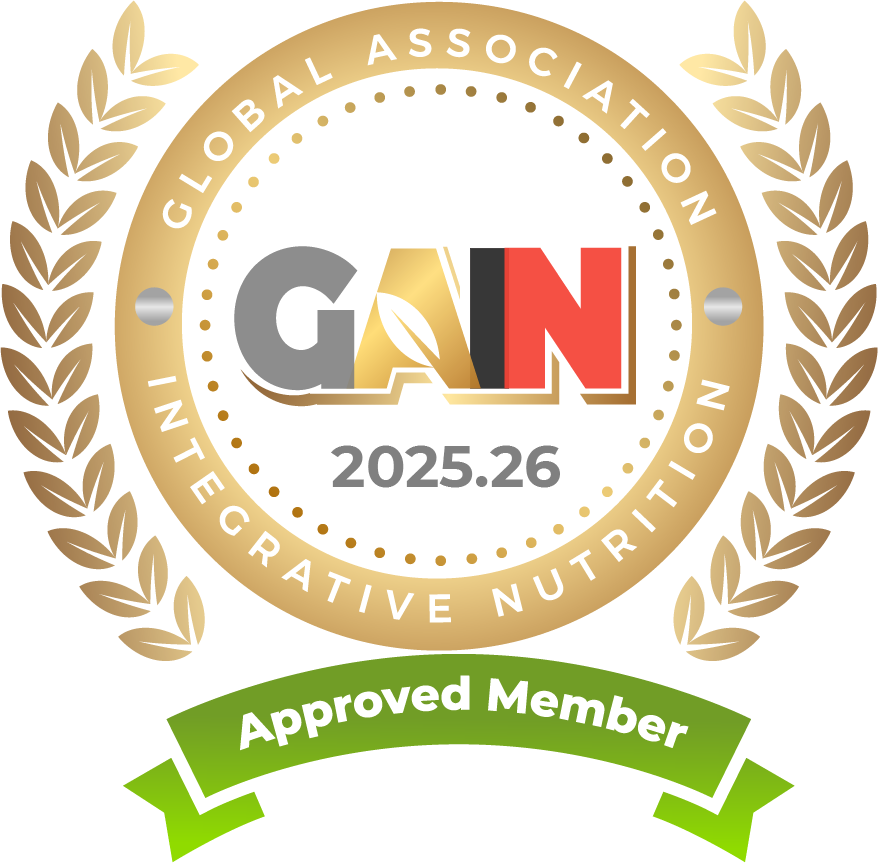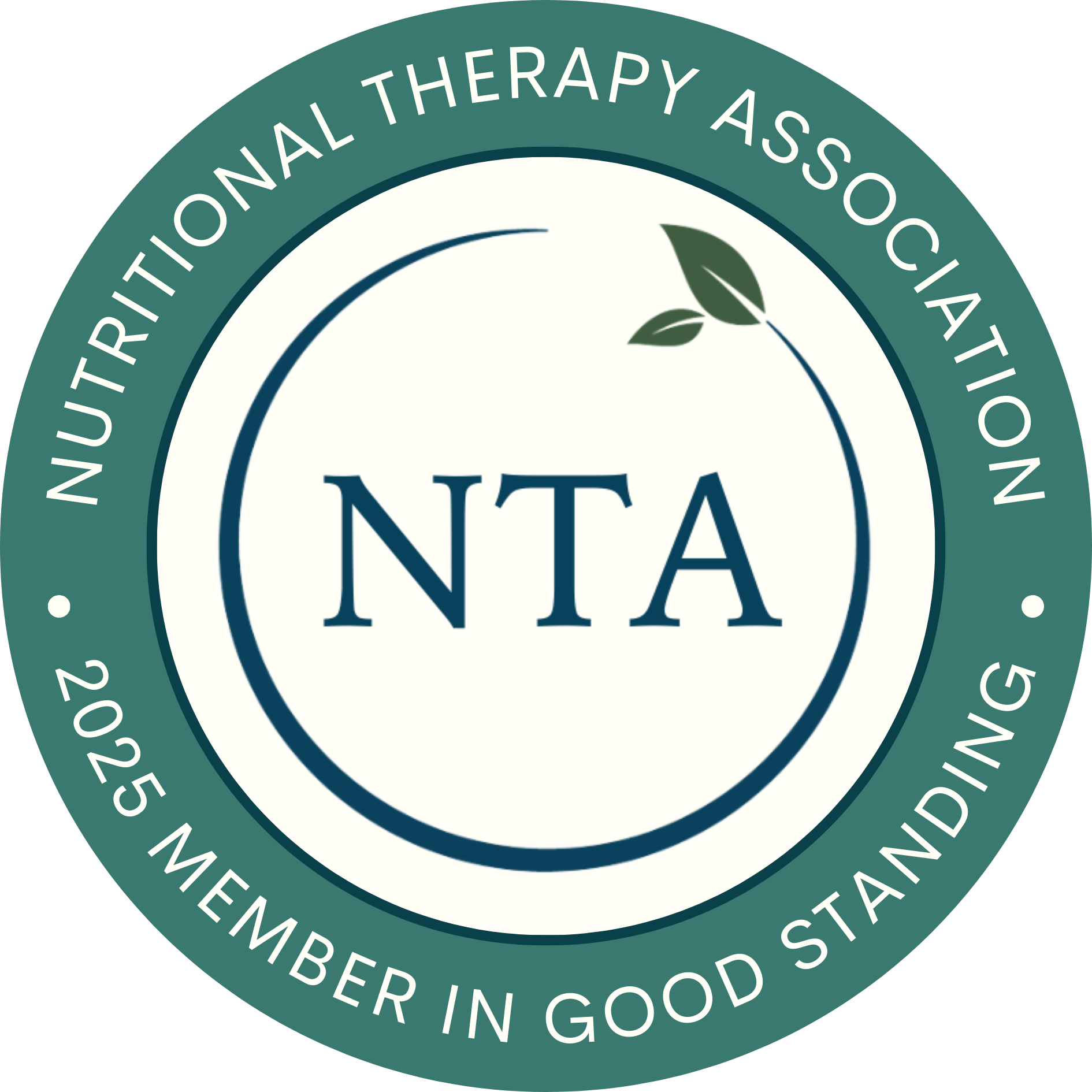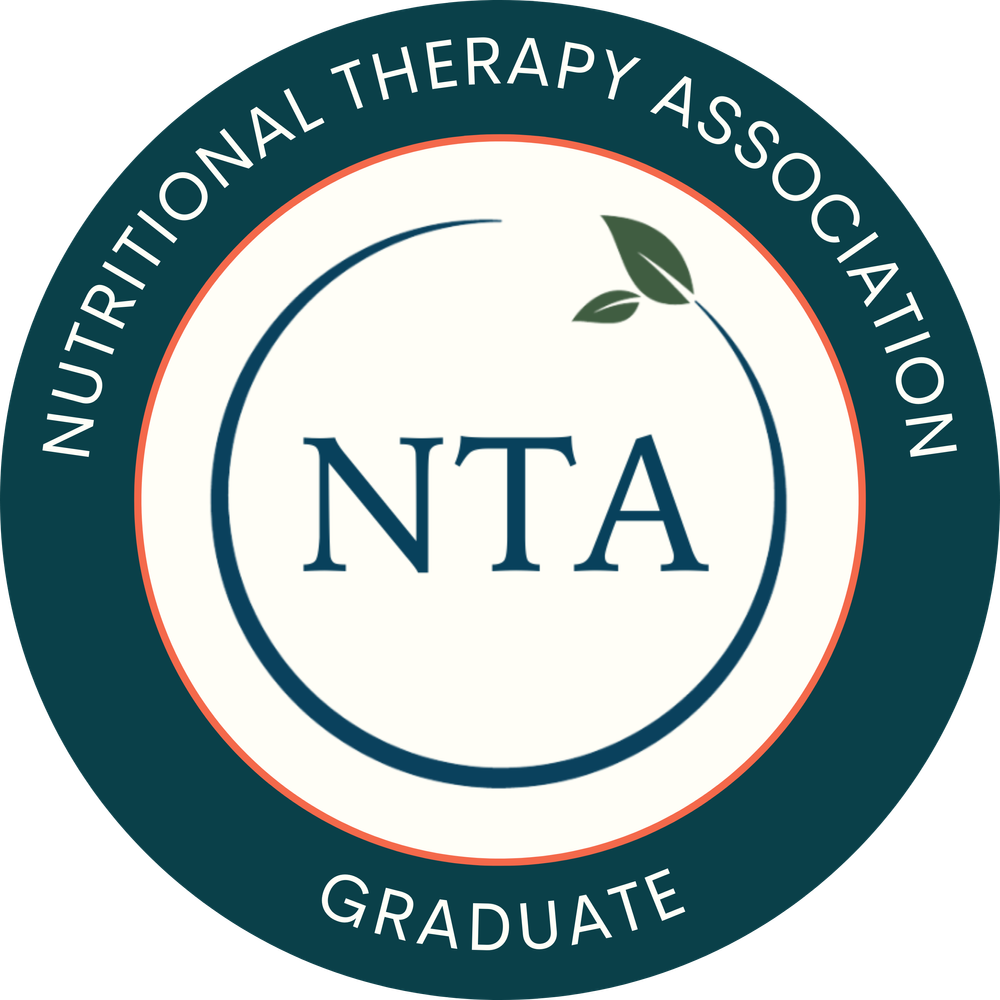Bio-individuality: understanding & honouring it

A key concept in holistic nutrition is that of bio-individuality.
It is a central belief that is kept forefront in our work as practitioners and something we encourage everyone to embrace in their health journey as well.
This idea will come up time and time again in my content, so I thought it best to lay it out early on.
Let’s take a moment to understand it, hone in on the importance of honouring it, and become aware of aspects of modern life that challenge it.
What is bio-individuality?
Simply put, your bio-individuality represents your unique set of needs for health and nutrition.
What does your body need to thrive and function optimally?
The term was originally coined “biochemical individuality” and the concept more fully developed by biochemist Roger J. Williams, Ph.D. His exploration and study in the field of vitamins and human nutrition led him to the belief that everyone is unique in terms of their metabolic and nutritional needs.
While there may be overarching principles that govern our health as human beings, our individual paths through life determine how nature, nurture, and experience will shape those needs uniquely – both in our present situation and over time.
When it comes to nutrition specifically, this means there is no universal diet upon which everyone is going to thrive.
What can shape/influence our bio-individual needs?
It can be everything from our activity levels, to our environment, not to mention life experiences, genetics, ethnicity, gender, as well as our age and phase of life. There are a multitude of factors.
It is dynamic and changes, based upon what’s going on for us.
Here are a few simple examples of how it may manifest in every day life:
- You start doing some intense training for a marathon and find you are far more hungry than usual (no surprise). In light of your training, you’ll now have a greater need for protein, carbohydrates, and electrolytes in order to replenish lost nutrients, compared to your pre-training days.
- Your friend just had a baby and as a nursing mother, her nutrient demand for key vitamins, minerals, protein, fat, water, and extra calories overall, will be pronounced during this unique phase of life.
- Your coworkers drink coffee all day and have no trouble sleeping at night, but if you drank that same amount, it would most certainly disrupt your sleep and you would be staring at the ceiling all night.
Everyone is different!
Hopefully that gives you a basic sense of what bio-individuality is and how it may show up.
How can you honour your bio-individuality?
Honouring your bio-individual needs requires that you be in constant conversation with your body in order to hit the mark of meeting those needs.
Because of its dynamic nature, there is no way around it, other than staying attuned to it.
Keeping the lines of communication open with your body – learning to ask, listen, and respond to its needs - is one of the most valuable conversations you will have all day.
This leads us to another central concept in holistic nutrition and that is the belief that we were all born with an innate wisdom that instinctually senses what our bodies need (from a macronutrient, right down to a micronutrient level) in order to survive and thrive.
It is a trait that is believed to have supported our survival throughout our human history, but it has become suppressed in modern life, since we are now so disconnected from the environments in which our foods grow.
We aren’t hunting, foraging, and gathering as much as our ancestors did, so those instincts of sensing what your body needs and obtaining it from your environment, just aren’t being exercised the way they used to be.
There are certainly many layers of interference (as we will explore next), both from our modern world and in our abilities to interpret our body’s signals – we are a little less body literate, than our human predecessors.
All is not lost, however, and with awareness, intention, and practice, we can certainly awaken our innate wisdom.
How can we start to mend those lines of communication and return to honouring our bio-individual needs?
Here are a few easy check-ins you can do before and after you eat to get your started.
Sometimes it’s as simple as asking your body what it wants or needs and letting it guide the way.
What foods are you drawn to? What smells are catching your nose? What is making your mouth water? What foods are you picturing?
These can often be clues of what your body is asking for.
After I’ve eaten a food (meal or snack), here is a check-in framework I like to use, to gauge if it was a good match for me.
I call it the three B’s to make it easy to remember:
1. Brain
2. Body
3. Belly
Then I ask myself the following:
Brain - does my cognitive function feel strong and sustained? Or, do my thoughts feel scattered, excessive, and/or incomplete? Are my emotions stable? Am I angry or grouchy?
Body – do my energy levels feel sufficient and stable? Or, did the food cause big spikes and drops in my energy? Do I feel any other sensations in my body like stiffness, pain or skin reactions?
Belly - is my digestion smooth and barely noticeable? Or, do I feel discomfort at any point in its journey through my digestive tract? Did the food leave me feeling satisfied or am I still craving something? Do I feel physically stuffed, but strangely still hungry?
Here’s a hint for the ideal answers you are looking for:
Your brain power should be strong and clear, and your emotions stable; your energy should be sustained and no weird reactions in your body; your digestion should be barely noticeable and easy; you should be satisfied after you eat for a good 3 – 5 hours
While simple, it’s a great starting point for re-opening the dialogue with your body.
Make sure you are honest with your answers!
Though you may not like your answers, acknowledging them will better equip you to navigate what changes may be needed.
Sometimes we need to experiment a little to find out what works.
How is our bio-individuality challenged?
I know this all sounds beautiful and you may believe, unrealistic. There are just too many external pressures/influences to create space for your body’s voice.
In the world of work especially, we’ve got a lot going on: meetings, phone calls, emails, appointments, presentations, notification “dings”, more emails, more “dings”, proposals, report deadlines…
Yes, there are a few things happening.
Listening and responding to your body’s needs can honestly just feel like one more aggravating thing on your “to do” list.
Other challenges facing us meeting our bio-individual needs?
- Convenient foods that are easy to grab often “win” and make it into our stomachs, through sheer availability when hunger or cravings strike
- Our routines and living in a world of abundance, where we can sometimes thoughtlessly repeat eating and drinking the same things, day in and day out, without asking ourselves – “what do I feel like today?”
- Our beliefs of what we think we should eat/drink
- And, finally, unhealthy food can often taste so darn good!
We can become drawn to food that doesn't serve our bio-individual needs, because it tastes great.
Why on earth would we want to deprive ourselves of that heavenly sweet or salty experience?
Indeed.
One last idea from the world of holistic nutrition that I want to raise your awareness of is the loss of taste diversity that our modern palates are exposed to.
During earlier times of our human existence when survival meant geographically shifting across country sides and landscapes with the seasons in order to seek food that was available, we ate a greater variety of food, in its natural state (or not far from) with the authenticity of its flavour intact.
As a result, our palates experienced a wider breadth of flavour – bitter, pungent, sour, astringent, umami, sweet, and salty. Each flavour served to support various organs and systems in the body.
With the emergence of processed food, however, this breadth often becomes narrowed and polarized towards being either very sweet or very salty (with the possible addition of chemicals), in order to make it super yummy, and consumed in greater proportion.
Food has become what we call “hyper-palatable” and in the face of this, our inner compass has been tampered with, and has difficulty discerning what and how much it needs, compared to eating food in its whole form, where our bodies are in a better position to make the appropriate discernment.
There is no doubt that honouring and even protecting our bio-individual needs is a full-time job. And, yes, we have our work cut out for us.
But, (and this is a very optimistic “but”), there is so much value we can derive in doing so.
Honouring it helps lead us to a state of health, which is where our greatest strength and potential lies.
As I mentioned at the start, this theme of attuning to bio-individuality will continue to come up time and time again in my content, so I hope the groundwork I’ve laid here has helped create an awareness and appreciation of it.
“To be yourself in a world that is constantly trying to make you something else is the greatest accomplishment.” Ralph Waldo Emerson
References & Further Reading
Campbell-McBride, N. (2014). One Man’s Meat, Another Man’s Poison. Retrieved from: https://www.doctor-natasha.com/ one-mans-meat-another-mans-poison.php
Roger J. Williams. Retrieved from: https://en.wikipedia.org/wiki/Roger_J._Williams
Wolf, R. (2017). Wired To Eat. In R. Wolf, Wired To Eat (pp. 41-42). Harmony.
Yarema, T., Rhoda, D., & Brannigan, J. (2014). The Six Tastes. Retrieved from: Eat, Taste, Heal https://drtomyarema.com/eat-taste-heal/





